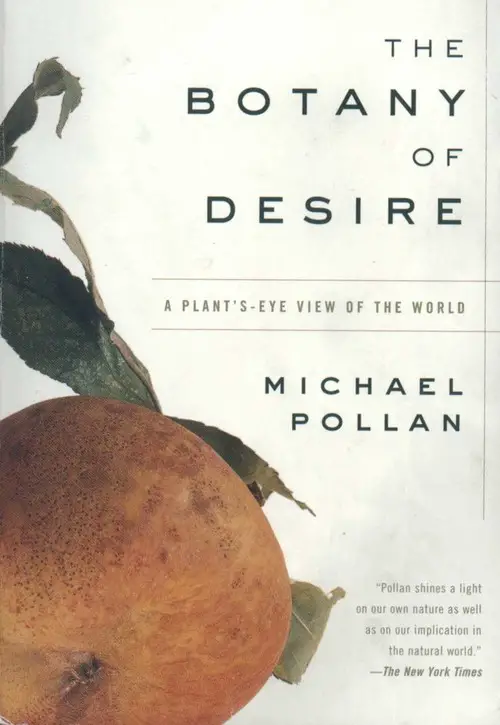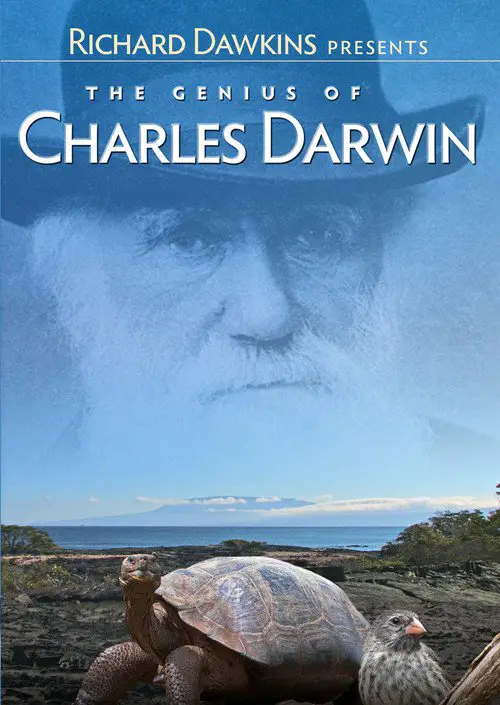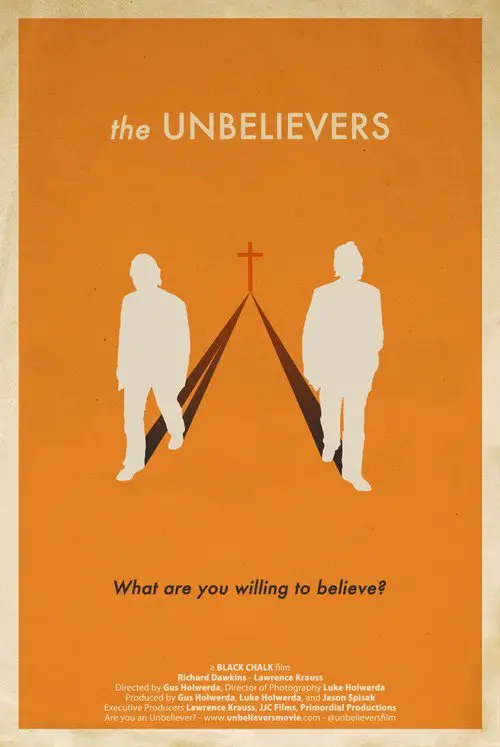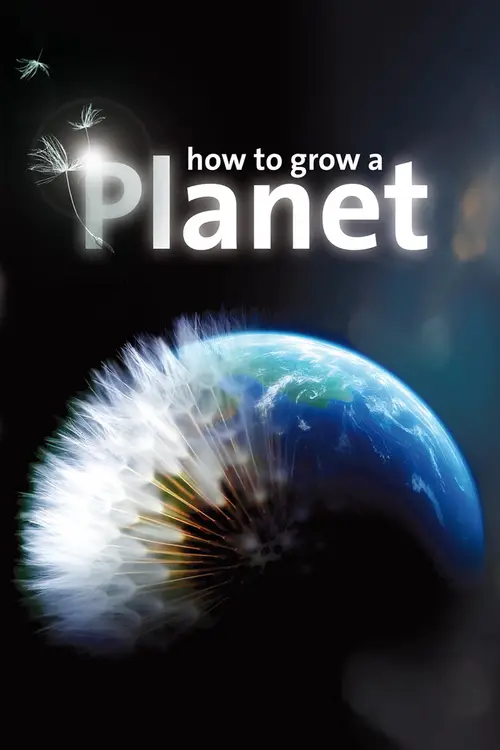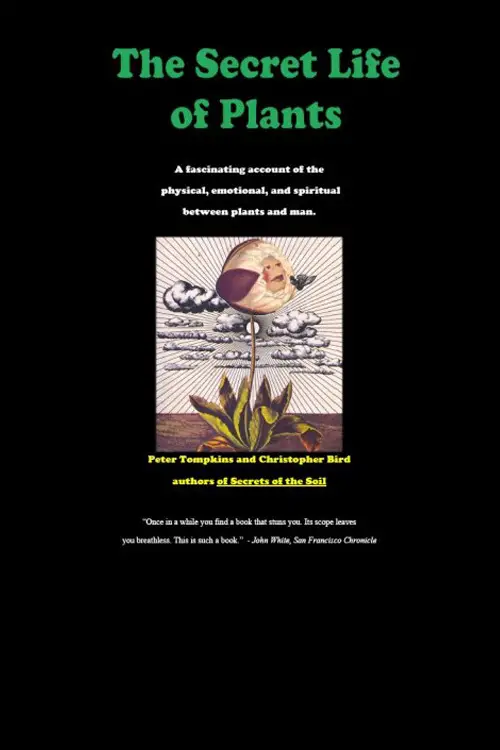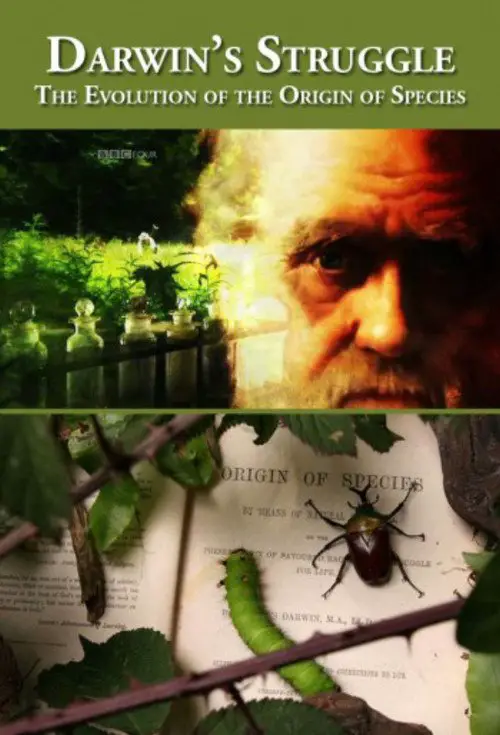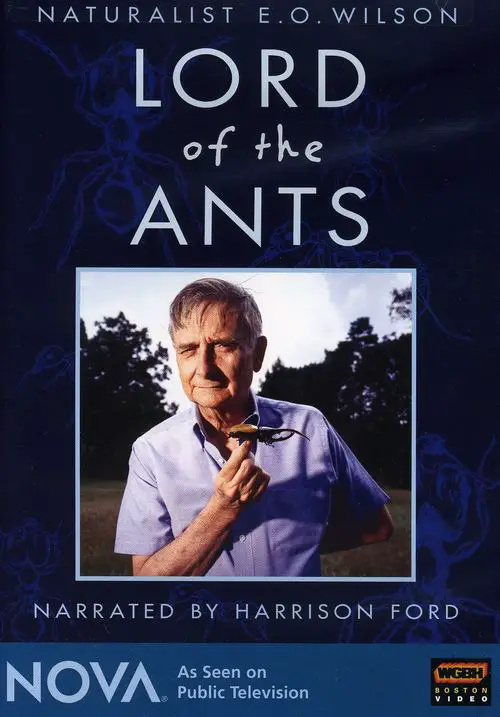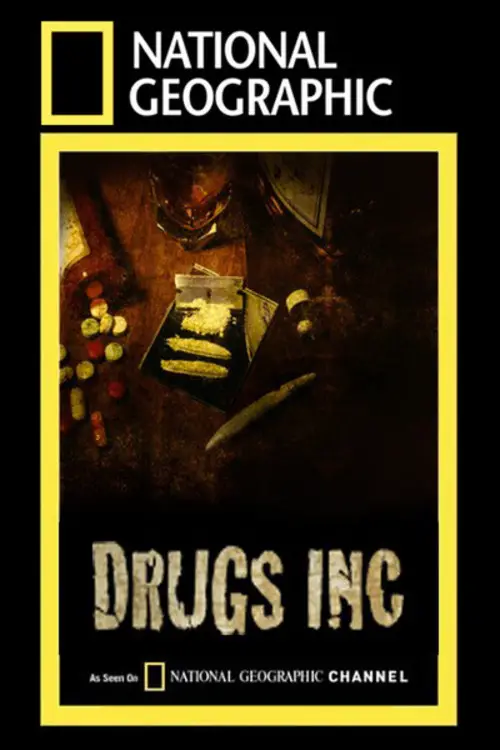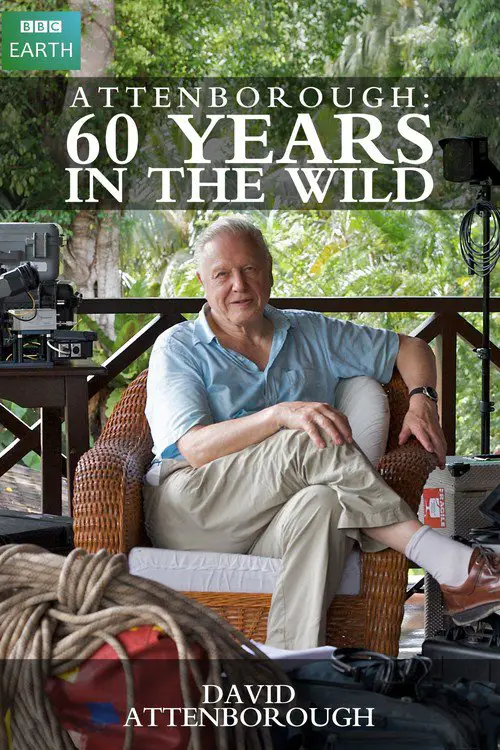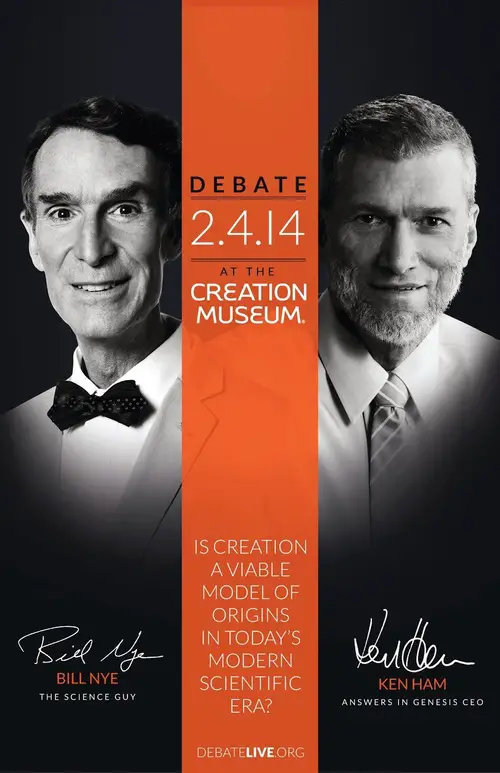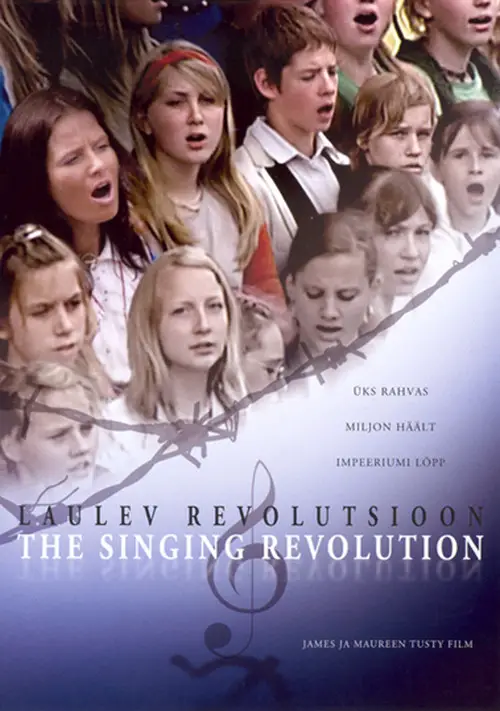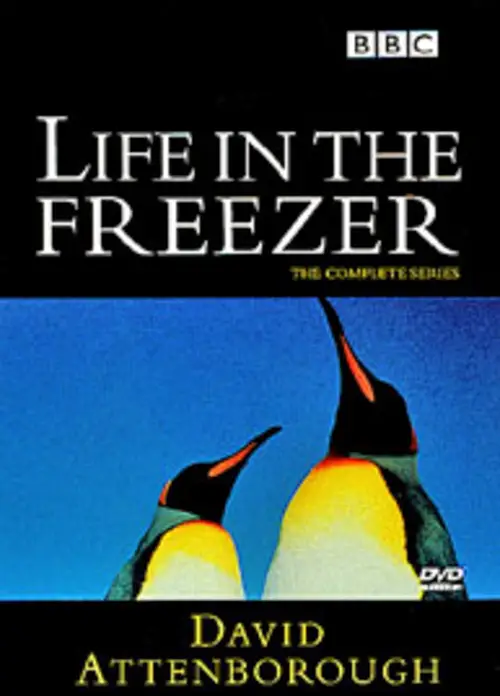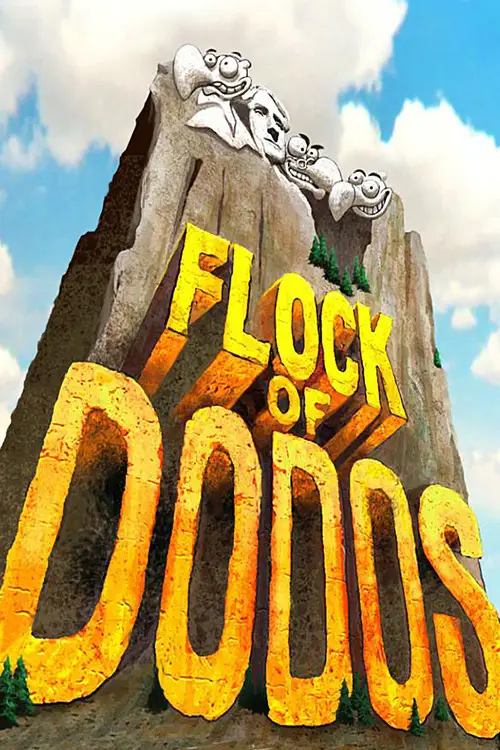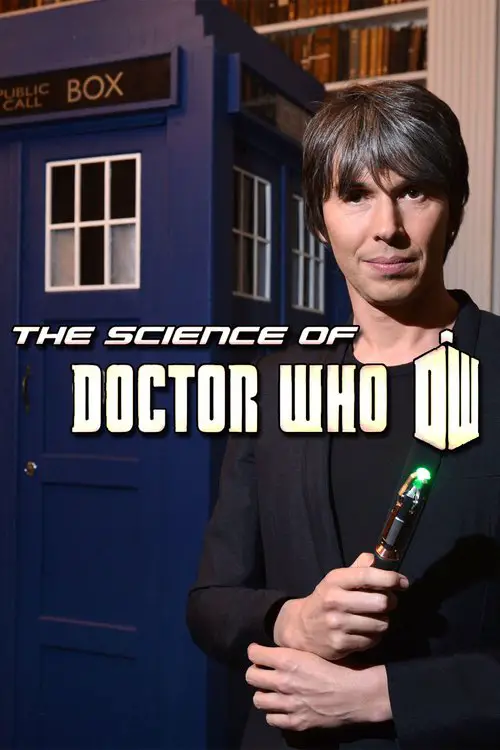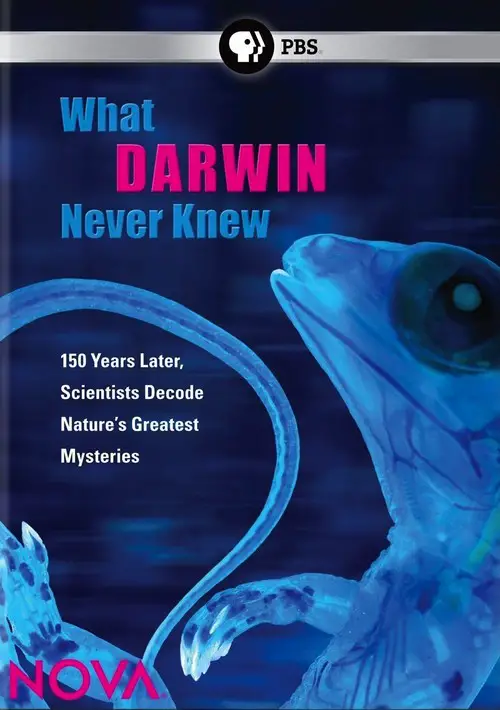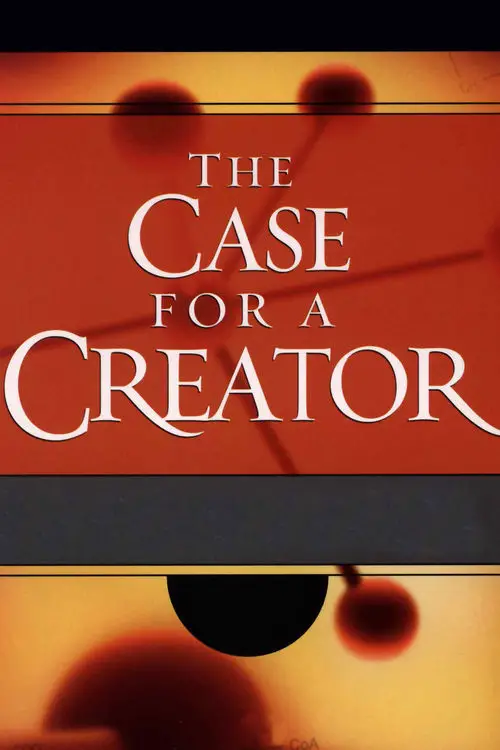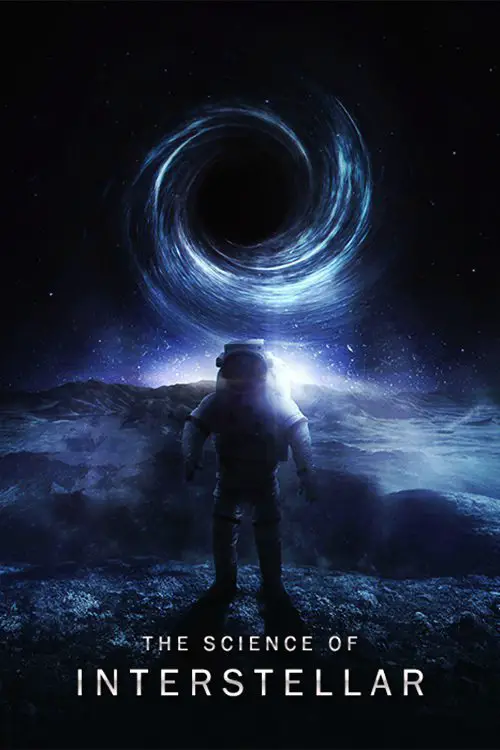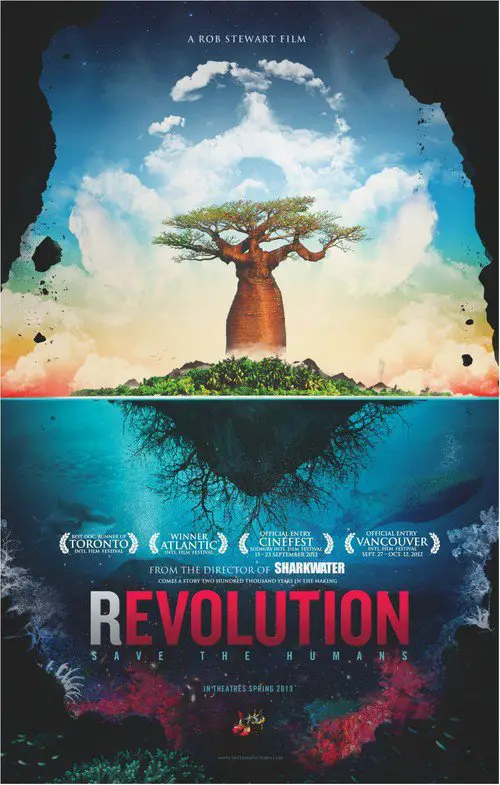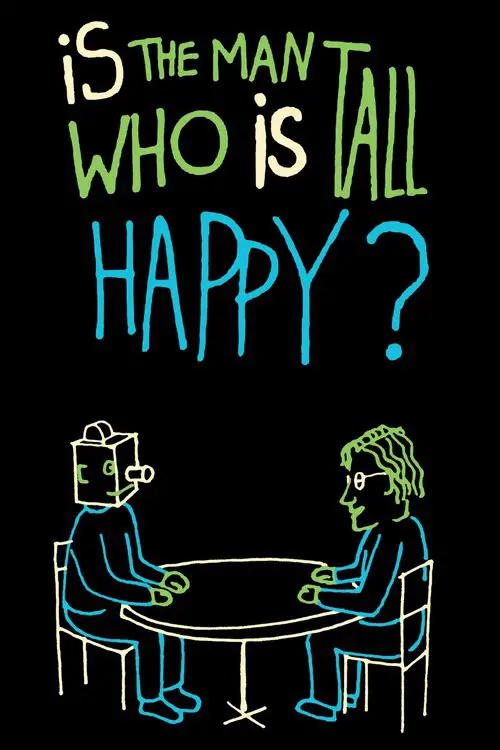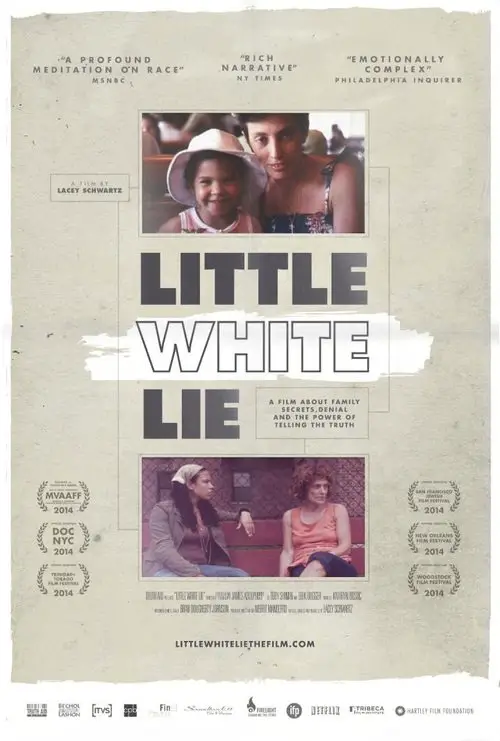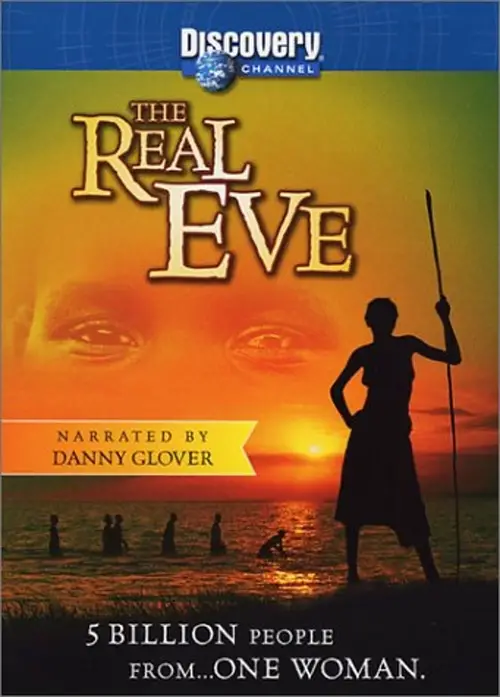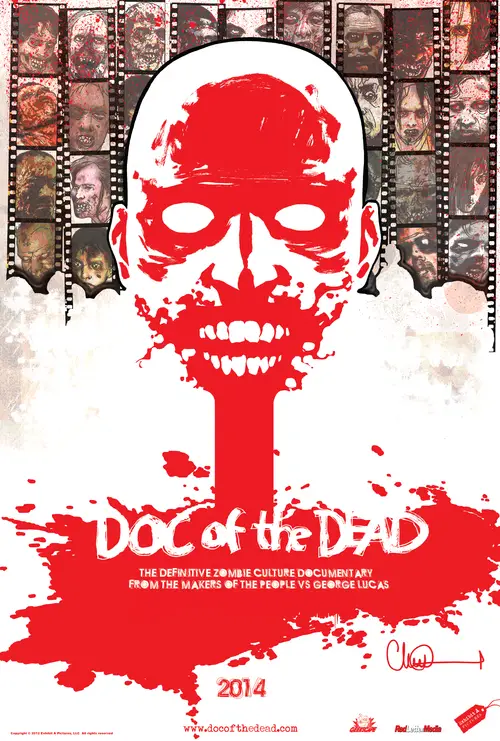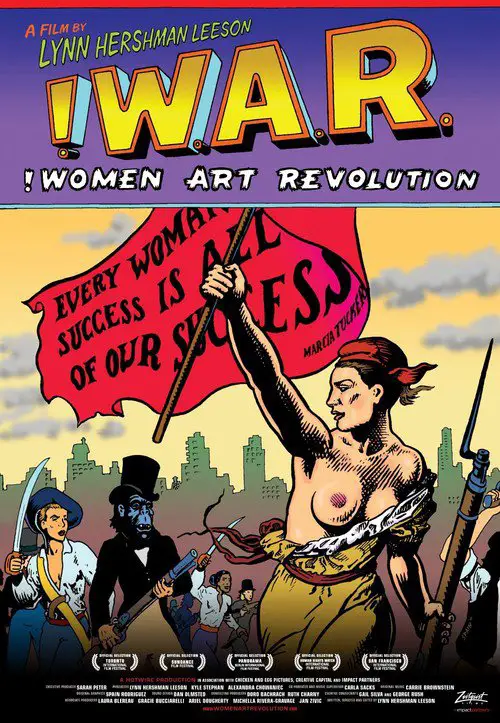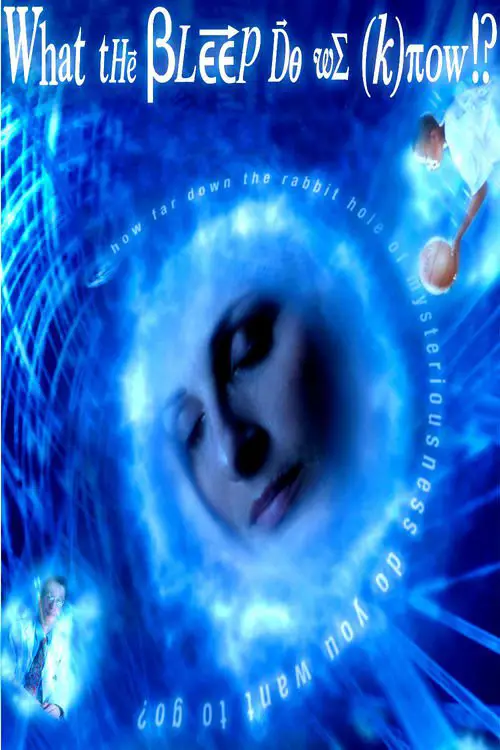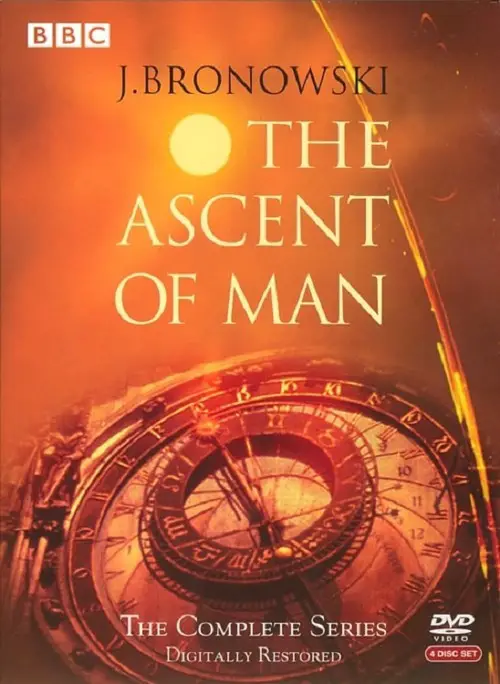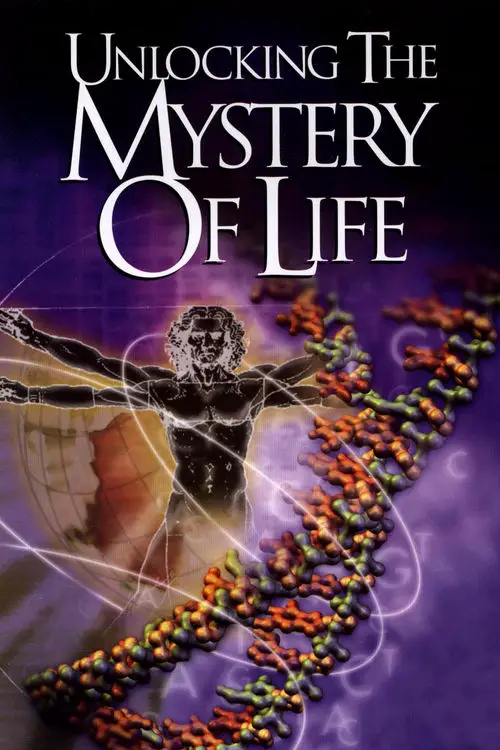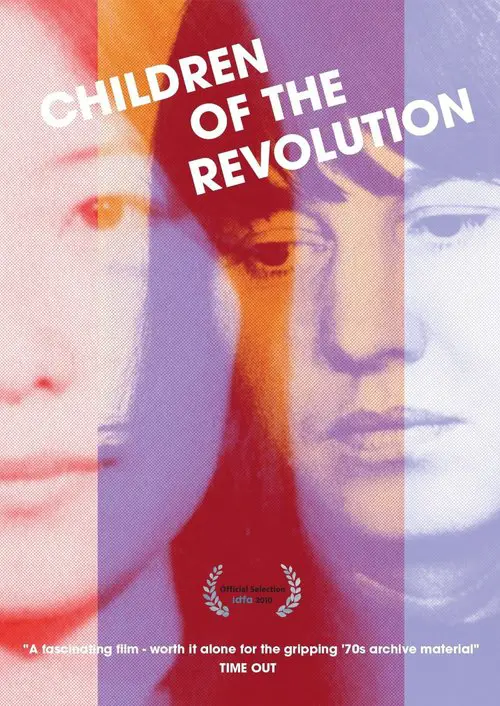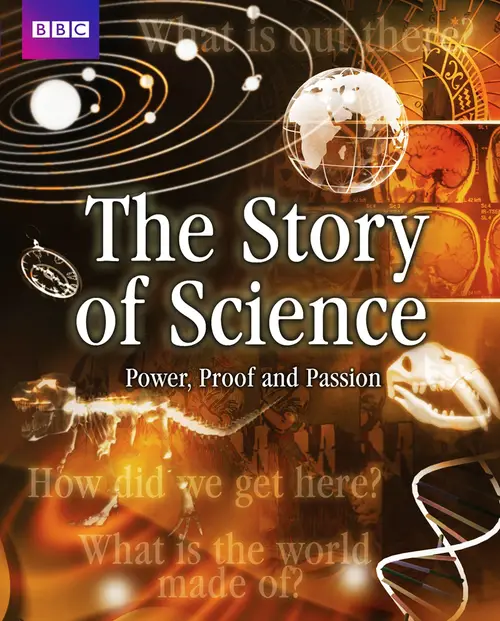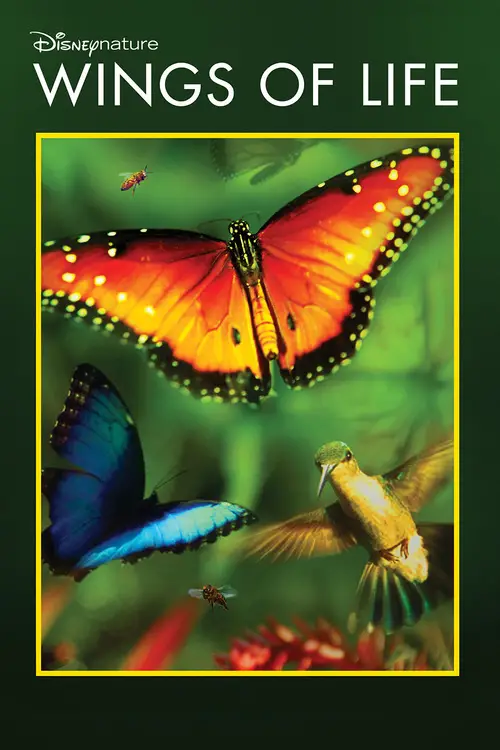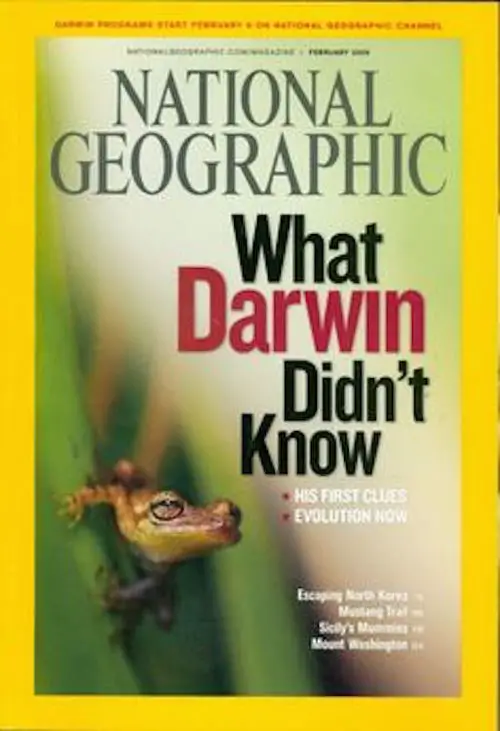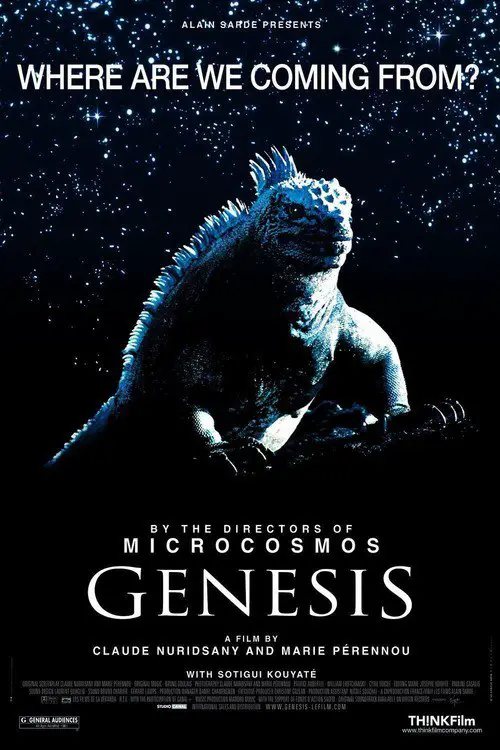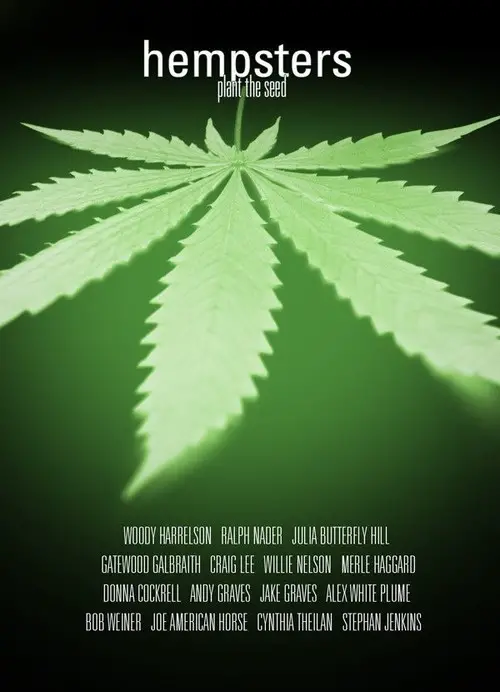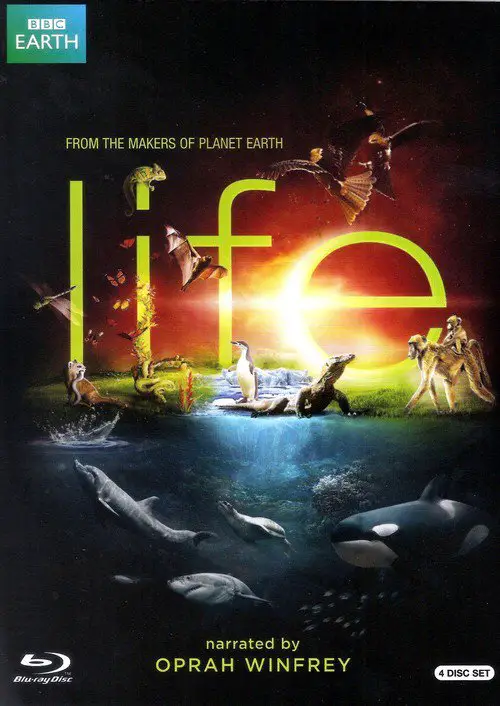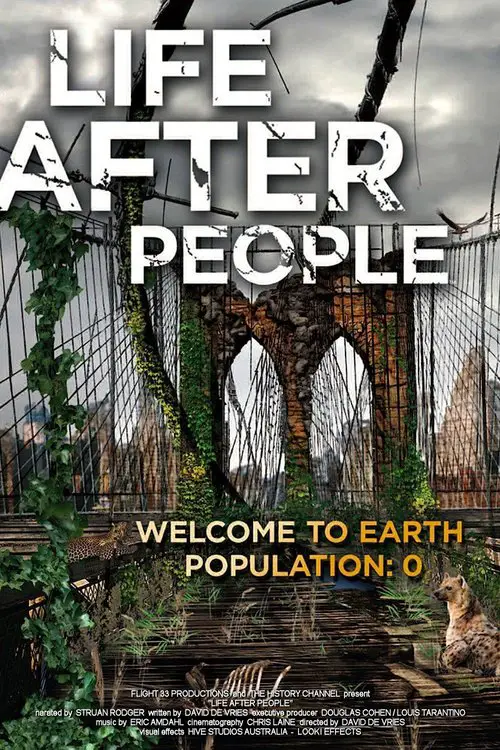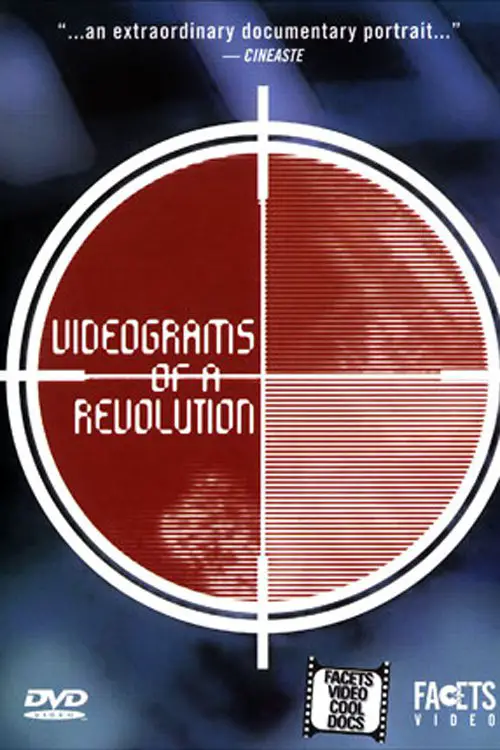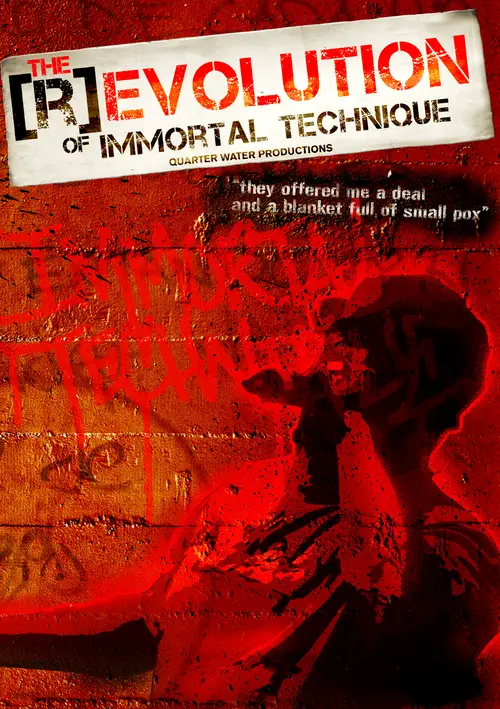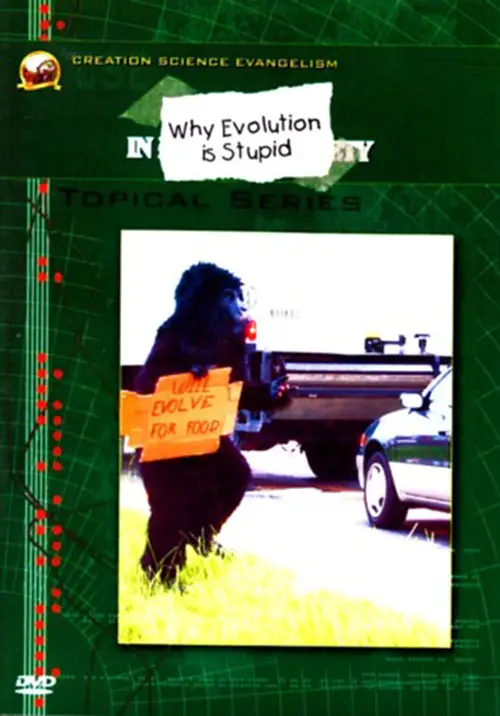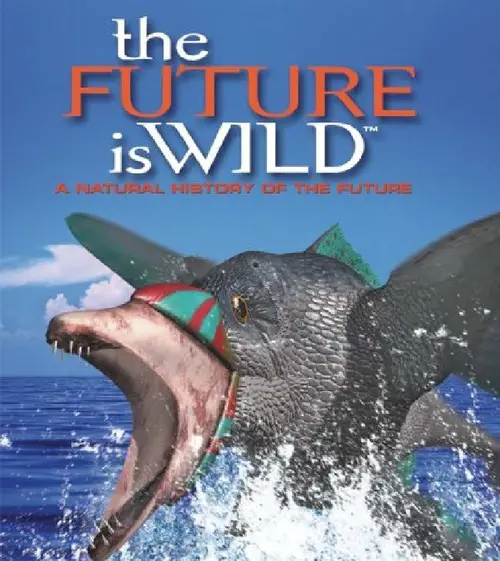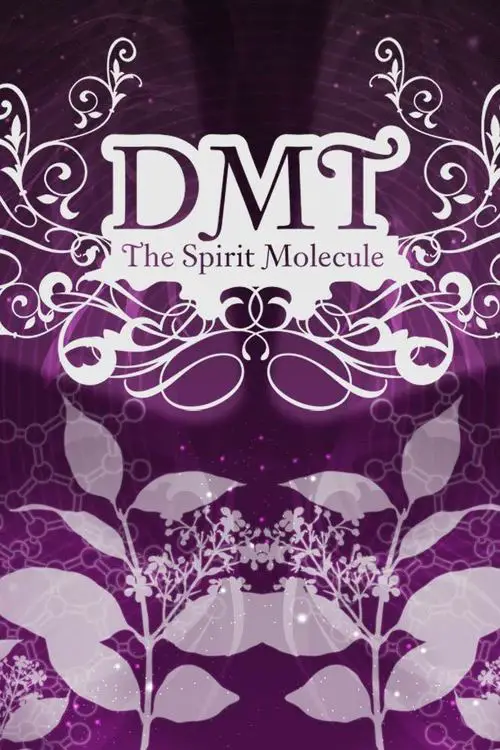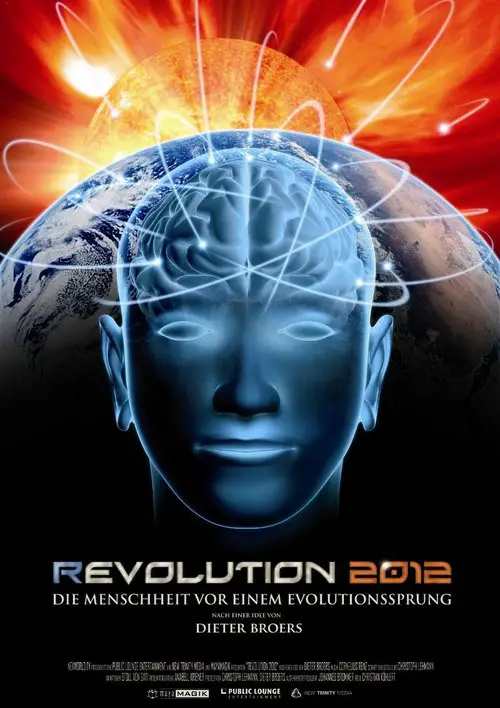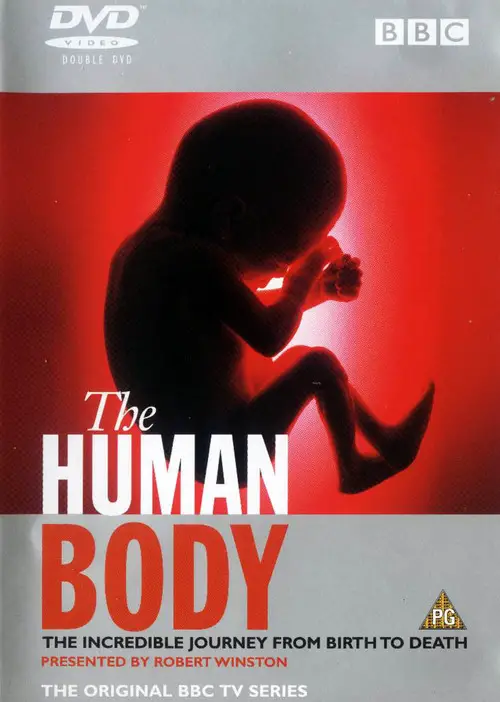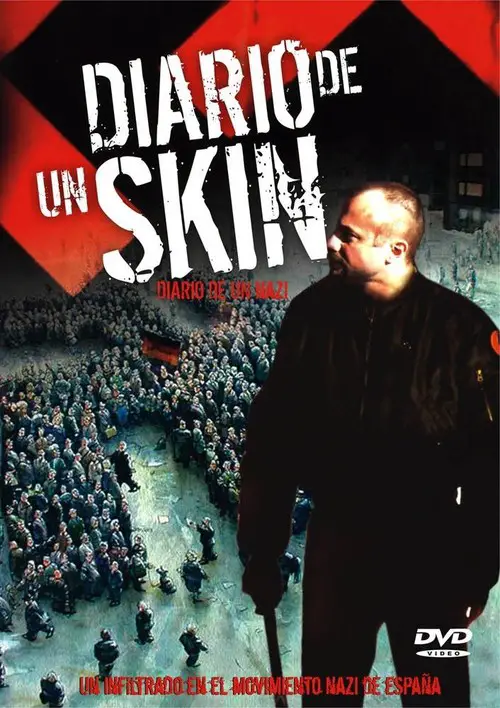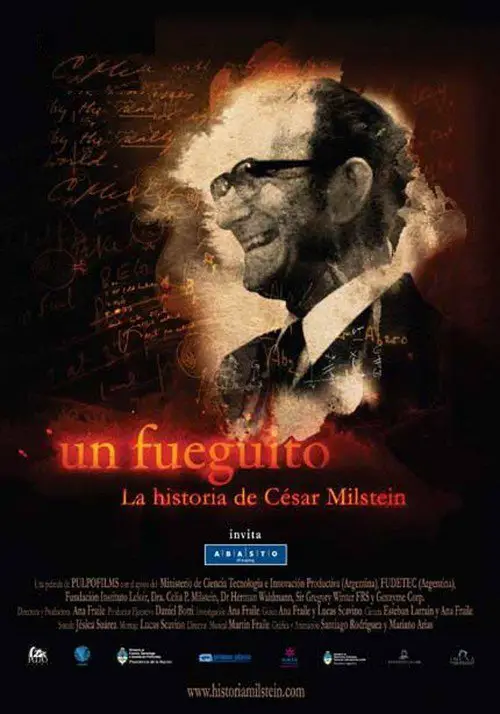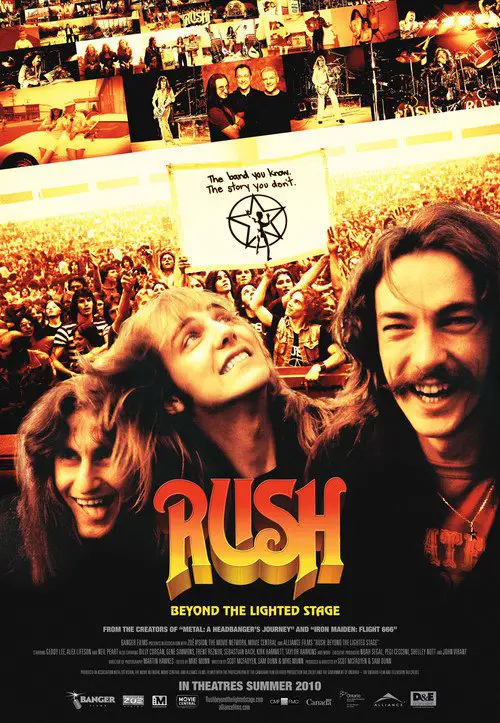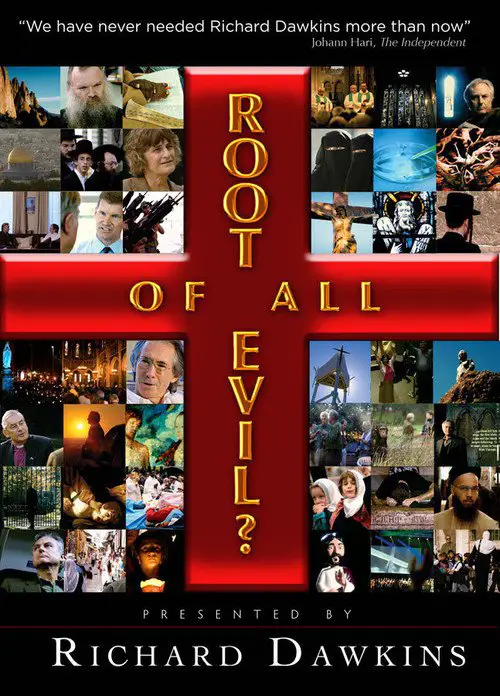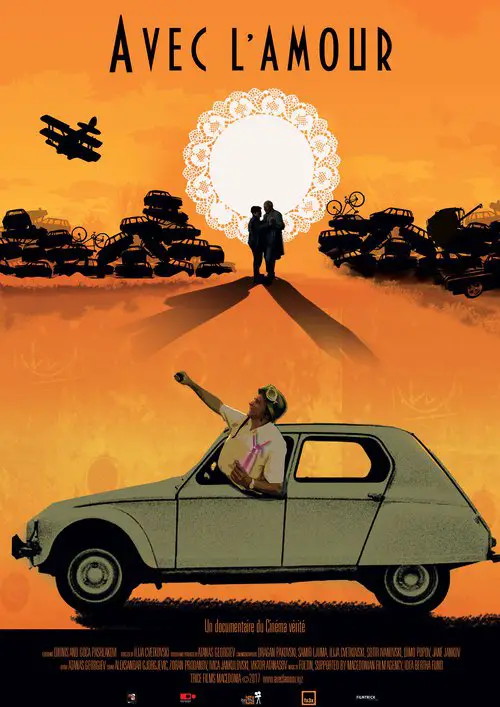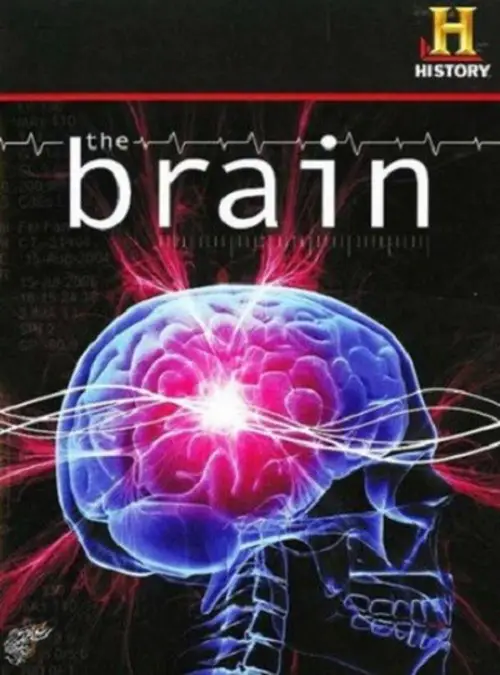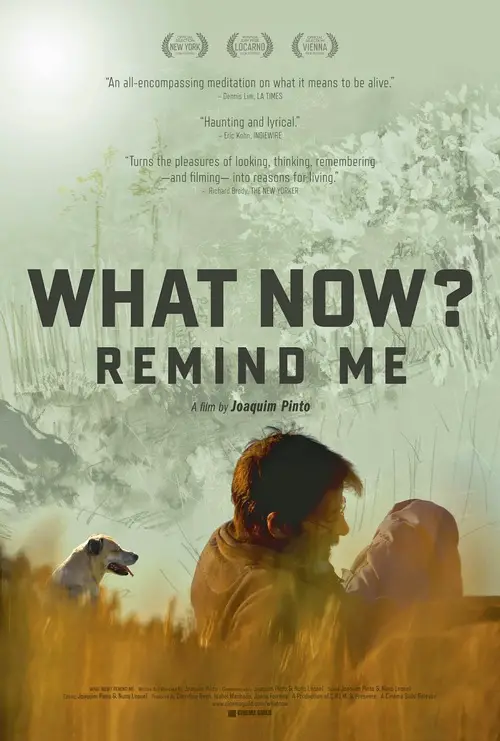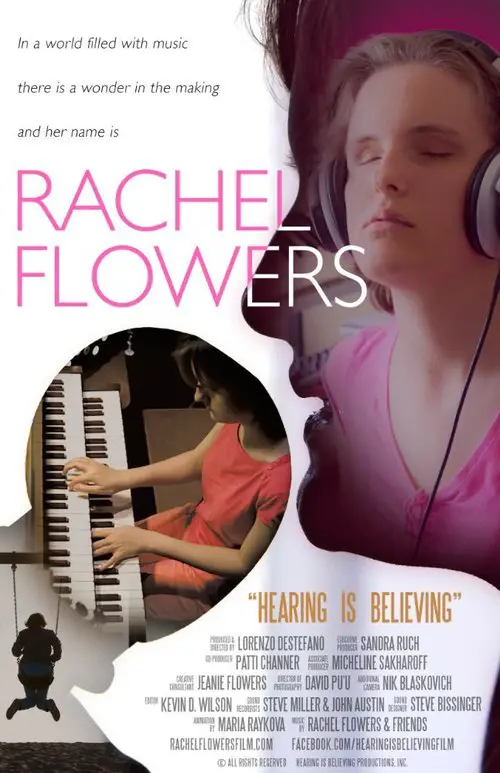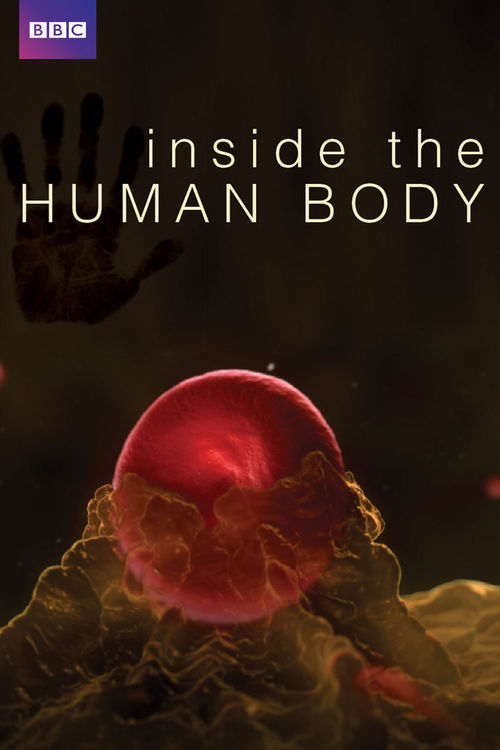The Private Life of Plants (1995)

Similar movies
Featuring Michael Pollan and based on his best-selling book, this special takes viewers on an exploration of the human relationship with the plant world -- seen from the plants' point of view. Narrated by Frances McDormand, the program shows how four familiar species -- the apple, the tulip, marijuana and the potato -- evolved to satisfy our yearnings for sweetness, beauty, intoxication.
A documentary series from Channel 4, hosted by professor Richard Dawkins, well-known darwinist. The series mixes segments on the life and discoveries of Charles Darwin, the theory of natural selection and evolution, and Dawkins' attempts at convincing a group of school children that evolution explains the world around us better than any religion.
Darwin's great insight â that life has evolved over millions of years by natural selection â has been the cornerstone of all David Attenboroughâs natural history series. In this documentary, he takes us on a deeply personal journey which reflects his own life and the way he came to understand Darwinâs theory.
Hosted by Ben Stein, this controversial documentary examines how pro-intelligent design scholars and scientists are often chastised, fired or denied tenured positions by those who believe in Darwin's theory of evolution. Nathan Frankowski's film explores how scientists who believe in God are oppressed and how the acceptance of Darwinism might have played a role in the formation of the Nazi regime.
Geologist Ian Stewart explain in three stages of natural history the crucial interaction of our very planet's physiology and its unique wildlife. Biological evolution is largely driven bu adaptation to conditions such as climate, soil and irrigation, but biotopes were also shaped by wildlife changing earth's surface and climate significantly, even disregarding human activity.
The story is a documentary of research that shows fairly conclusively that plants are actually aware of what goes on around them, even miles away. It is somewhat humorous in the methods it uses to prove the secret life of plants, but thought-provoking in the conclusions it arrives at. The most wonderful thing about the film is the soundtrack. This is original music composed by Stevie Wonder. There is even a scene in the film of Stevie singing one of his songs in a boat on a river. This scene is very moving, as Stevie is blind and yet able to know where he is going. The scene is the climax to the movie, and metaphoric as to what has been presented about plants, that although they don't seem to have senses as human beings and animals do, they are quite well aware of what is going on around them and where they fit into this in the evolutionary process.
Documentary telling the little-known story of how Darwin came to write his great masterpiece, On the Origin of Species, a book which explains the wonderful variety of the natural world as emerging out of death and the struggle of life. In the twenty years he took to develop a brilliant idea into a revolutionary book, Darwin went through a personal struggle every bit as turbulent as that of the natural world he observed. Fortunately, he left us an extraordinary record of his brilliant insights, observations of nature, and touching expressions of love and affection for those around him. He also wrote frank accounts of family tragedies, physical illnesses and moments of self-doubt, as he laboured towards publication of the book that would change the way we see the world. The story is told with the benefit of Darwin's secret notes and correspondence, enhanced by natural history filming, powerful imagery from the time and contributions from leading contemporary biographers and scientists.
Most people don't think about singing when they think about revolutions. But song was the weapon of choice when, between 1986 and 1991, Estonians sought to free themselves from decades of Soviet occupation. During those years, hundreds of thousands gathered in public to sing forbidden patriotic songs and to rally for independence. "The young people, without any political party, and without any politicians, just came together ... not only tens of thousands but hundreds of thousands ... to gather and to sing and to give this nation a new spirit," remarks Mart Laar, a Singing Revolution leader featured in the film and the first post-Soviet Prime Minister of Estonia. "This was the idea of the Singing Revolution." James Tusty and Maureen Castle Tusty's "The Singing Revolution" tells the moving story of how the Estonian people peacefully regained their freedom--and helped topple an empire along the way.
Earth teems with a staggering variety of animals, including 9,000 kinds of birds, 28,000 types of fish, and more than 350,000 species of beetles. What explains this explosion of living creaturesâ1.4 million different species discovered so far, with perhaps another 50 million to go? The source of life's endless forms was a profound mystery until Charles Darwin brought forth his revolutionary idea of natural selection. But Darwin's radical insights raised as many questions as they answered. What actually drives evolution and turns one species into another? To what degree do different animals rely on the same genetic toolkit? And how did we evolve?
When objectively considered, does contemporary scientific evidence point toward or away from a supernatural Creator? Strobel interviewed scientists and scholars from a wide range of disciplines for the answers. Based upon a New York Times best-seller, The Case For A Creator is a remarkable film about Lee Strobel's journey from spiritual skepticism to a profound faith in the God who has etched His indelible signature upon every galaxy and living cell. The Creator now revealed by 21st century science.
Revolution is a new movie from internationally-acclaimed filmmaker Rob Stewart. A follow-up to his award-winning documentary Sharkwater, this continues his remarkable journey of discovery to find out that what he thought was a shark problem is actually a people problem. As Stewart's battle to save sharks escalates, he uncovers grave dangers threatening not just sharks, but humanity. In an effort to uncover the truth and find the secret to saving our own species, Stewart embarks on a life-threatening adventure through 15 countries, over four years in the making. In the past four years the backdrop of ocean issues has changed completely. Saving sharks will be a pointless endeavor if we are losing everything else in the ocean, not just sharks. Burning fossil fuels is releasing carbon dioxide into the atmosphere; changing the oceans, changing atmospheric chemistry and altering our climate.
Little White Lie tells Lacey Schwartz's story of growing up in a typical upper-middle-class Jewish household in Woodstock, NY, with loving parents and a strong sense of her Jewish identity â despite the open questions from those around her about how a white girl could have such dark skin. She believes her family's explanation that her looks were inherited from her dark-skinned Sicilian grandfather. But when her parents abruptly split, her gut starts to tell her something different. At age of 18, she finally confronts her mother and learns the truth: her biological father was not the man who raised her, but a black man named Rodney with whom her mother had had an affair. The Filmmakers Lacey Schwartz Producer/Director Mehret Mandefro Producer James Adolphus Co-Director http://www.itvs.org/films/little-white-lie
The made-for-cable documentary film The Real Eve is predicated on the theory that the human race can be traced to a common ancestor. The mitochondrial DNA of one prehistoric woman, who lived in Africa, has according to this theory been passed down from generation to generation over a span of 150,000 years, supplying the "chemical energy" to all humankind.
Amanda (Marlee Maitlin) is a divorced woman who makes a living as a photographer. During the Fall of the year Amanda begins to see the world in new and different ways when she begins to question her role in life, her relationships with her career and men and what it all means. As the layers to her everyday experiences fall away insertions in the story with scientists, and philosophers and religious leaders impart information directly to an off-screen interviewer about academic issues, and Amanda begins to understand the basis to the quantum world beneath. During her epiphany as she considers the Great Questions raised by the host of inserted thinkers, Amanda slowly comprehends the various inspirations and begins to see the world in a new way.
A documentary film based on the life of scientist Steven Hawking. The film explores the intimate life of Steven Hawking through him, his friends and his family, as he goes through school, is diagnosed with a degenerative disease, and discovers revolutionary theories about time, black holes, and the origin of the universe. A visually interesting and at times funny film about a extraordinary life.
Unlocking the Mystery of Life represents a unique programming opportunity for local stations. Its broadcast release coincides with the 50th anniversary of one of the greatest scientific breakthroughs in history-James Watson and Francis Crick's discovery that the DNA molecule carries hereditary information in the form of a code that many scientists have likened to computer software or a written language. This discovery (announced on April 25,1953) sparked a scientific revolution. But it also left a fundamental question unanswered. Where did the information in DNA come from? How did the software in the cell arise? Unlocking the Mystery of Life explores these questions through the stories of a growing number of scientists who no longer believe that natural selection or chemistry, alone, can explain life's origin. Instead, they think that the microscopic world of the cell provides evidence of purpose and design in nature.
A beautiful love story in danger. Our future depends on an amazing love story between the flowers and fauna consisting of bees, butterflies, birds and bats, which allow these species to reproduce. Delicate and graceful, the flowers are not content to be the ultimate symbol of beauty. On the contrary, their vibrant colors and their exotic flavors are so many wonders that attract pollinators and drunk with desire. All these animals are involved in a complex dance of seduction on which one third of our crops, a dance without which we could survive ... Pollen presents the unsung heroes of the global food chain. Their fantastic worlds are full of stories, drama and beauty. While a fragile and threatened, essential for the balance of the planet, it should now actively protect ...
Documentary which tells the story of evolution theory since Darwin postulated it in 1859 in 'On the Origin of Species'. The theory of evolution by natural selection is now scientific orthodoxy, but when it was unveiled it caused a storm of controversy, from fellow scientists as well as religious people. They criticised it for being short on evidence and long on assertion and Darwin, being the honest scientist that he was, agreed with them. He knew that his theory was riddled with 'difficulties', but he entrusted future generations to complete his work and prove the essential truth of his vision, which is what scientists have been doing for the past 150 years.
The film follows the lively exploits of activists for (and against) the movement for the legalization of the hemp plant in America. It features Woody Harrelson, Merle Haggard, Willie Nelson, and a whole host of farmers, politicians, businessmen, and laypeople as they search for the truth about this mysterious and demonized plant.
David Attenborough's legendary BBC crew explains and shows wildlife all over planet earth in this 10-episode miniseries. The first is an overview the challenges facing life, the others are dedicated to hunting, the deep sea and various major evolutionary groups of creatures: plants, primates and other large sections of other vertebrates and invertebrates.
In this special documentary that inspired a two-season television series, scientists and other experts speculate about what the Earth, animal life, and plant life might be like if, suddenly, humanity no longer existed, as well as the effect humanity's disappearance might have on the artificial aspects of civilization.
Videograms of a Revolution is a 1992 documentary film compiled by Harun Farocki and Andrei UjicÄ from over 125 hours of amateur footage, news footage, and excerpts from the Bucharest TV studio overtaken by demonstrators as part of the December 1989 Romanian Revolution. In 2004 the Austrian Film Archive selected the documentary as part of its Die Utopie Film program for The Best 100 in Film History list.
Creation Science Evangelism teaching on video. Dr. Kent Hovind, and his son Eric Hovind reach thousands of people every week with the gospel of Jesus Christ via the creation message. With his extensive studies in science, Dr. Hovind has participated in many popular debates with prominent evolutionists. Dr. Hovind is also known for his 17-hour award-winning seminar series. Including topics such as the Age of the Earth, and the so-called "Cavemen"! Many things are covered in great detail in this series, such as Carbon Dating, DNA, Whale evolution, horse evolution, and the human body!
Imagine a world far, far into the future. A world very different from our own, a time where mankind has been wiped out by massive climactic and geological changes. What would that world be like, and what kinds of creatures could survive changes that nearly destroyed the Earth? And international team or eminent scientists was formed to predict the future and its new life forms in 5 million, 100 million and 200 million years. The scientists predicted that the Earth would go through several phases. To capture these worlds are accurately as possible, a camera crew traveled to remote locations around the globe. State-of-the-art animation helped bring to life the beings of the future.
THE SPIRIT MOLECULE weaves an account of Dr. Rick Strassman's groundbreaking DMT research through a multifaceted approach to this intriguing hallucinogen found in the human brain and hundreds of plants, including the sacred Amazonian brew, ayahuasca. Utilizing interviews with a variety of experts to explain their thoughts and experiences with DMT, and ayahuasca, within their respective fields, and discussions with Strassmanâs research volunteers, brings to life the awesome effects of this compound, and introduces us to far-reaching theories regarding its role in human consciousness.
2012 - no other date in the near future seems to be as important. In addition to many fictional natural disasters (like Emmerich's 2012) that refer to the end of a great cycle as mentioned in the ancient Mayan calendar, more and more people also predict a spiritual revolution that the earth is about to face. In REVOLUTION 2012, the biophysicist Dieter Broers verifies on the basis of scientific research results of different special fields, a spectacular connection between the solar activities, the geomagnetic field and the human psyche. It is not an accident that NASA keeps warning of the next solar maximum, which is expected around the years 2012 and 2013.
It narrates the life of the last argentine who won the Nobel Prize, César Milstein. Perfect combination of science and adventure. This documentary traces through memories, anecdotes and descriptions, , how a scientist feels and how an adventurer thinks. An intensive course that shows his life from childhood in a family in southern Argentina, to his adult life in Cambridge (England) and his adventures in the mountains, islands and pyramids. Since 1963, their questions and discoveries have produced countless benefits, resulting in applications in medicine, biology and immunology, are major advances in basic scientific knowledge. César Milstein, a great scientist, whom colleagues describe him as a good fellow, hardworking and tenacious. His greater certainty was that, without adventure, would not science.
In this two-part Channel 4 series, Professor Richard Dawkins challenges what he describes as 'a process of non-thinking called faith'. He describes his astonishment that, at the start of the 21st century, religious faith is gaining ground in the face of rational, scientific truth. Science, based on scepticism, investigation and evidence, must continuously test its own concepts and claims. Faith, by definition, defies evidence: it is untested and unshakeable, and is therefore in direct contradiction with science. In addition, though religions preach morality, peace and hope, in fact, says Dawkins, they bring intolerance, violence and destruction. The growth of extreme fundamentalism in so many religions across the world not only endangers humanity but, he argues, is in conflict with the trend over thousands of years of history for humanity to progress to become more enlightened and more tolerant.
THE BRAIN is an astonishing voyage of discovery into our last biological frontier. Although today s computers can make calculations in one-100th of a second and technology can transport us outside the bonds of Earth, only now are we beginning to understand the most complex machine in the universe. Using simple analogies, real-life case studies, and state-of-the-art CGI, this special shows how the brain works, explains the frequent battle between instinct and reason, and unravels the mysteries of memory and decision-making. It takes us inside the mind of a soldier under fire to see how decisions are made in extreme situations, examines how an autistic person like Rain Man develops remarkable skills, and takes on the age-old question of what makes one person good and another evil. Research is rushing forward. Weâve learned more about the workings of the brain in the last five years than in the previous one hundred.
Joaquim Pinto has been living with HIV and VHC for almost twenty years. âWhat now? Remind Meâ is the notebook of a year of clinical studies with toxic, mind altering drugs as yet unapproved. An open and eclectic reflection on time and memory, on epidemics and globalization, on survival beyond all expectations, on dissent and absolute love. In a to-and-fro between present and past memories, the film is also a tribute to friends departed and those who remain.
© Valossa 2015–2026
| Privacy Policy
